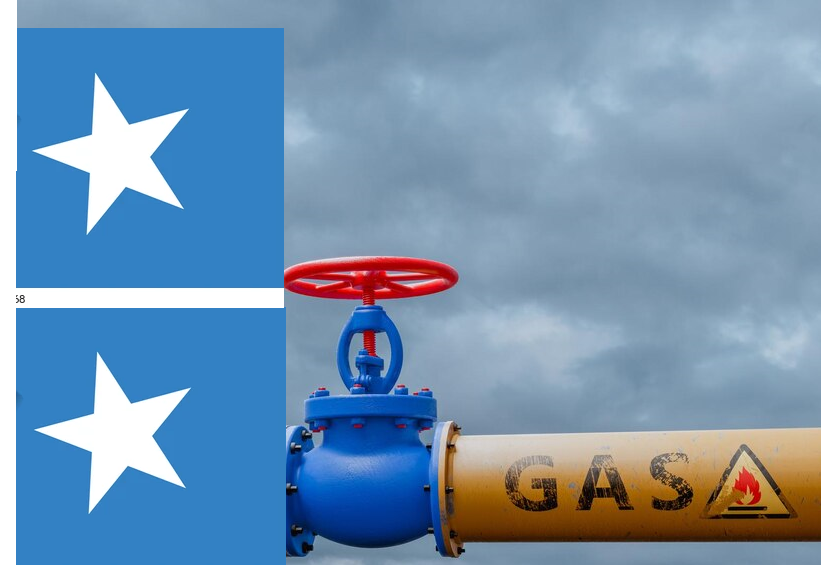Somalia’s Natural Gas Resources
Resource Assessments: It appears that large deposits of natural gas await exploitation along the vast length of Somalia’s Indian Ocean. Geologists tripartite have foretold of exploitable gas in several regions that are significant in the enhancement of Somalia’s economy.
Geological Features: It’s geology suggests that the country has opportunities for hydrocarbon resources like natural gas. Herein lies one of the bottlenecks that restrain the oil and gas sector of Somalia; numerous projections have put Somalia’s gas reserves at over 10 trillion cubic feet.
Economic Impact: The exploration and production of natural gas resources will be a saving grace for Somalia’s economy, which has been ravaged by civil war and economic challenges for decades. There were expectations that liquefied natural gas could also bring in revenue through exports while providing an energy source for use in the country.
Turkey’s Interest in Somalia’s Natural Gas
Strategic Alliances: Turkey has expressed interest in establishing strategic relations with Somalia evident in many diplomatic and economic activities. The Turkish administration regards Somalia as an ally with which it will expand its reach into the Horn of Africa.
Investments and Growth: Turkish companies have been operating in a number of industries in Somalia that include construction, telecommunications, as well as healthcare. It is likely that Turkish companies will also enter in the proactive phase of investment in the natural gas sector.
Energy Cooperation: Turkey has been looking to develop energy cooperation with various countries in the region for quite some time now. Its presence in the natural gas market in Somalia can be seen as a way to procure energy markets, or rather, to eschew the dependence on one or a few energy sources due to rising energy demand in Turkey.
Geopolitical Implications: Turkey’s aspiration for the natural gas reserves in Somalia should, nonetheless, be interpreted in the context of Turkey’s ambitions to be a regional player in Africa. Energy partnerships in Somalia would also help Turkey’s energy strategy in the region, as it would limit activities of the US, China and their allies.
Challenges and Opportunities Infrastructure Needs: Growing Somalia’s natural gas industry is burdened with challenges such as absence of infrastructural development, regulatory landscape and threats to security as a result of some areas being still volatile.
Regulatory Environment: A well laid out regulatory framework is imperative for enhancing investment activity in the natural gas sector. The Somali government has aimed to make adjustment in the system to light up the exploration and production activities.
International Cooperation: Thanks to the international energy companies and countries like Turkey which have a high level of experience in the gas sector, Somalia has the potential to develop its gas resources more effectively.
Domestic Energy Supply: For that reason, the development of natural gas resources should not only be limited with xx but should also help in improving the energy security of the nation by minimizing utilization of imported oil in the country and encouraging the establishment of industries.
Conclusion The trends in Turkey’s involvement in the natural gas sector in Somalia are indicative of an overarching policy of economic and political integration in the Horn of Africa.




